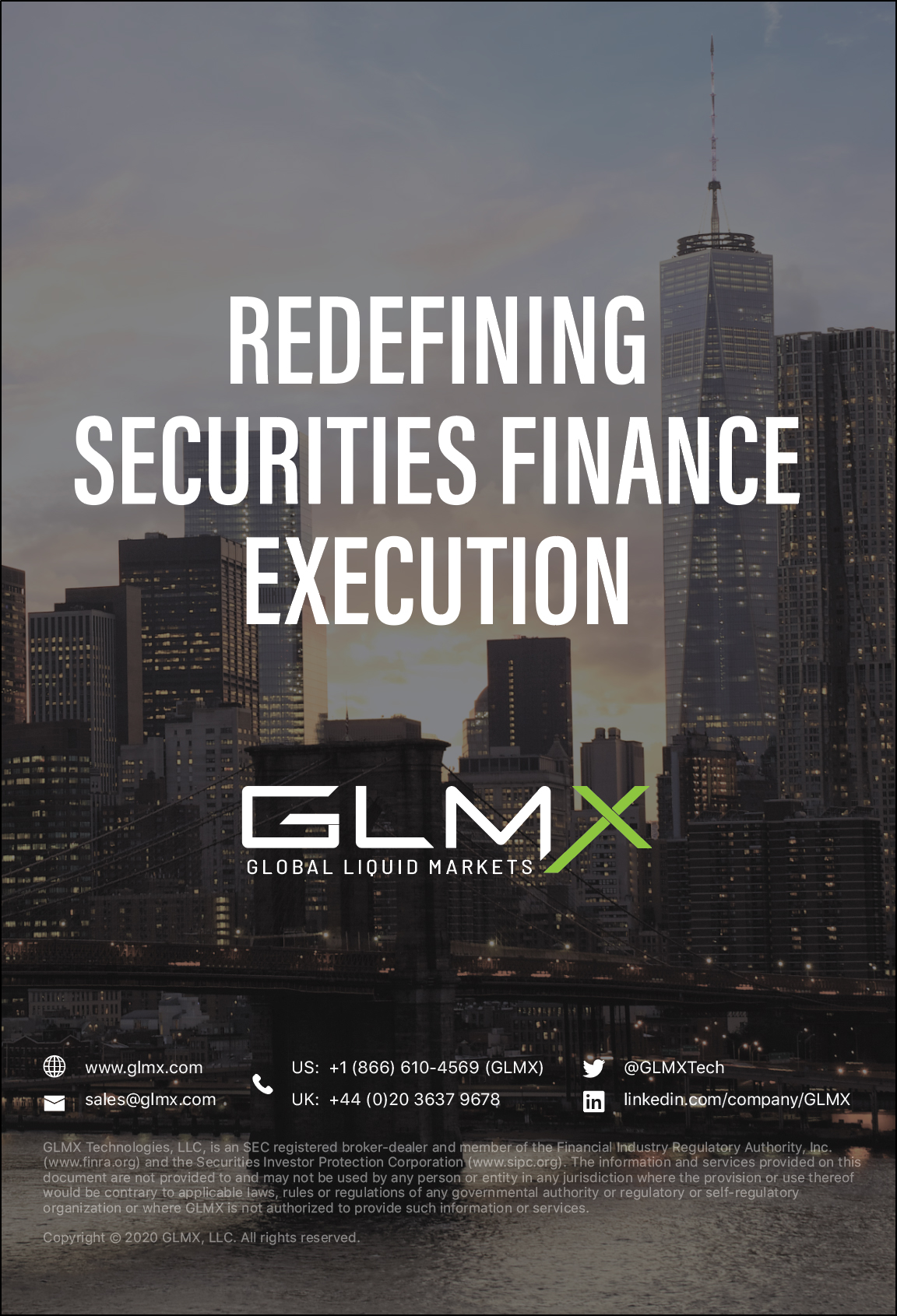Global ESG standards body needed, IOSCO says
26 February 2021 Spain
 Image: Alexander/adobe.stock.com
Image: Alexander/adobe.stock.com
A leading international securities regulatory body is calling for a three-pronged approach to achieving globally consistent and reliable sustainable financing disclosure standards.
A recent statement by the IOSCO board, the governing and standard-setting body of the International Organization of Securities Commissions, made up of 34 securities regulators offered an update to its long-term environmental, social and governance (ESG) initiatives.
The board met this week to discuss the progress made over the past year by its Sustainable Finance Task Force (STF), which since April last year has made progress in its work on securities issuers’ sustainability disclosures, asset managers’ disclosures and investor protection, and the role of ESG data and ratings providers.
Building on this progress, IOSCO says investor demand for sustainability-related information is currently not being met and it now wants to encourage worldwide standards, promote like-for-like metrics and narratives, and coordinate an international approach.
The organisation recognised three key pillars to improve the consistency, comparability, and reliability of sustainability reporting, initially focusing on climate change-related risks and opportunities.
First, IOSCO pledges to develop a plan for the establishment of a Sustainability Standards Board (SSB) that will sit alongside the International Accounting Standards Board (IASB).
The SSB will develop sustainability disclosure standards that would serve as a baseline for mandatory sustainability-related disclosures, uphold backwards compatibility with existing reporting standards and form the basis for the development of an audit and assurance framework.
Next, the SSB should “leverage” existing sustainability-related reporting frameworks, building on the efforts of existing related organisations. It should also mix-and-match the best of leading sustainability reporting organisations’ principles, frameworks, and guidance to form a future common set of international standards, with climate change in mind at least for the near term.
Lastly, in order to achieve global consistency on wider sustainability disclosure requirements, IOSCO will consider the establishment of a multi-stakeholder committee within the International Financial Reporting Standards Foundation. It aims to adopt a consistent and flexible “building blocks” approach to achieve a global sustainability reporting system.
Ashley Alder, IOSCO chair and chief executive officer of the Securities and Futures
Commission of Hong Kong, says: “There is an urgent demand to improve sustainability
reporting in a way that meets market needs.
“I believe that IOSCO is in a unique position to underpin market acceptance of high-quality sustainability disclosure standards by endorsing the system architecture for sustainability standard setting under the IFRS Foundation – just as we did 20 years ago when we endorsed IFRS financial reporting standards.”
The organisation's membership regulates more than 95 per cent of the world's securities markets in some 130 jurisdictions.
A recent statement by the IOSCO board, the governing and standard-setting body of the International Organization of Securities Commissions, made up of 34 securities regulators offered an update to its long-term environmental, social and governance (ESG) initiatives.
The board met this week to discuss the progress made over the past year by its Sustainable Finance Task Force (STF), which since April last year has made progress in its work on securities issuers’ sustainability disclosures, asset managers’ disclosures and investor protection, and the role of ESG data and ratings providers.
Building on this progress, IOSCO says investor demand for sustainability-related information is currently not being met and it now wants to encourage worldwide standards, promote like-for-like metrics and narratives, and coordinate an international approach.
The organisation recognised three key pillars to improve the consistency, comparability, and reliability of sustainability reporting, initially focusing on climate change-related risks and opportunities.
First, IOSCO pledges to develop a plan for the establishment of a Sustainability Standards Board (SSB) that will sit alongside the International Accounting Standards Board (IASB).
The SSB will develop sustainability disclosure standards that would serve as a baseline for mandatory sustainability-related disclosures, uphold backwards compatibility with existing reporting standards and form the basis for the development of an audit and assurance framework.
Next, the SSB should “leverage” existing sustainability-related reporting frameworks, building on the efforts of existing related organisations. It should also mix-and-match the best of leading sustainability reporting organisations’ principles, frameworks, and guidance to form a future common set of international standards, with climate change in mind at least for the near term.
Lastly, in order to achieve global consistency on wider sustainability disclosure requirements, IOSCO will consider the establishment of a multi-stakeholder committee within the International Financial Reporting Standards Foundation. It aims to adopt a consistent and flexible “building blocks” approach to achieve a global sustainability reporting system.
Ashley Alder, IOSCO chair and chief executive officer of the Securities and Futures
Commission of Hong Kong, says: “There is an urgent demand to improve sustainability
reporting in a way that meets market needs.
“I believe that IOSCO is in a unique position to underpin market acceptance of high-quality sustainability disclosure standards by endorsing the system architecture for sustainability standard setting under the IFRS Foundation – just as we did 20 years ago when we endorsed IFRS financial reporting standards.”
The organisation's membership regulates more than 95 per cent of the world's securities markets in some 130 jurisdictions.
NO FEE, NO RISK
100% ON RETURNS If you invest in only one securities finance news source this year, make sure it is your free subscription to Securities Finance Times
100% ON RETURNS If you invest in only one securities finance news source this year, make sure it is your free subscription to Securities Finance Times



